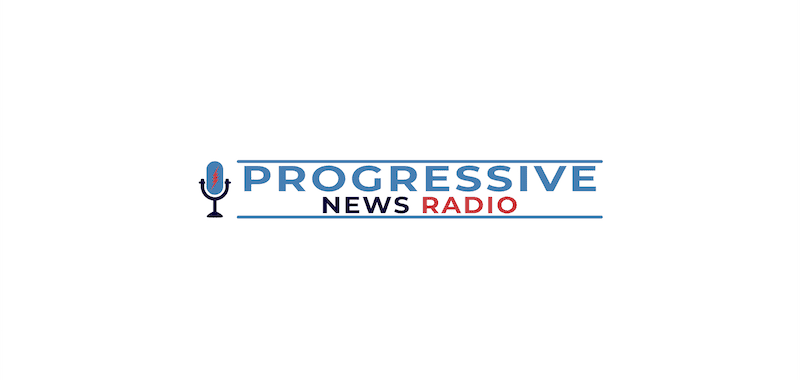As I neared the end of my second year of general surgery residency, I had spent almost an hour comforting an anxious patient, assuring her that her bedside abscess drainage would be simple and quick. Finally, I put on my sterile gloves to begin. Before I could start, a nurse who embodied the “Karen” stereotype entered the room and asked, “Are you cleared to perform this procedure alone? Where is your attending?”
“Yes, I am,” I answered dryly, barely hiding my frustration at the disrespectful interruption. At this point, I had performed this procedure many times. However, I dared not quip back with a reply, or I would be reported. Again.
Great way to strengthen the patient-physician relationship. Thanks.
After reassuring the anxious patient once again and quickly performing the procedure, I went to the operating room. The procedure was an uneventful laparoscopic cholecystectomy. At the end of the case, the attending surgeon left me to close with the medical student. It is very fulfilling to teach the students and watch them progress. As a student, I recall the joy of being able to help close after a case ended. This was the student’s opportunity to shine.
I demonstrated the closing technique to the student and patiently waited as they worked on their side. However, I couldn’t help but notice the scrub tech sarcastically tapping her nails on the Mayo stand and rolling her eyes. Meanwhile, the anesthetist looked over the drapes with an exasperated expression and asked how much longer it would take. As the student became increasingly flustered, I eventually finished the closure. This was indeed the opposite of a healthy learning environment. Although very angry at the disparagement of this young professional, again, I held my tongue.
Get your shots in while you can, Debra. You wouldn’t act this way if my attending was still in the room.
This is the stark reality of medical training. We endure constant belittling and disrespect, powerless to defend ourselves. I strive to instill confidence in the medical students, to shield them from the relentless erosion of their self-worth that begins in their third year of medical school when they start clinical rotations. “Don’t let anyone make you feel you’re in the way and not supposed to be here. You will be the physician very soon,” I tell them, hoping to counter the endless chipping away of their self-worth.
As a fresh intern on my ICU rounds, I recall another instance of giving my first presentation in the specific ICU format. I struggled to organize my thoughts as a “mean girl” nurse smirked and snickered in the background. No one cared. A hostile work environment doesn’t apply to residents. Even early on, I knew if I made any remarks, I would only hurt myself. I felt tears of frustration well, but I held them in. I would never give them the satisfaction of seeing me break.
Don’t worry. It’s just some lighthearted casual workplace bullying—middle school style.
Situations like these are all too common in medical training. Medical students and residents are often treated as “less than.” It’s as if everyone collectively decided that medical trainees were not people, but rather bumbling idiots constantly in the way, slowing things down, and never to be trusted with anything. This systemic unfairness is a bitter pill we swallow every day.
The long working hours for residents are not a secret. Numerous articles discuss the challenges of overworked residents who earn less than minimum wage when calculated on an hourly basis. After years of intense education and training, it’s disheartening that a high school student flipping burgers can earn more per hour than a fully qualified physician. Could fair pay alleviate the burnout experienced by residents? If residents weren’t playing a crucial role in the hospital, why is there such resistance to the rare nights without resident coverage? Personally, I would tolerate the long hours if I were fairly compensated and treated with basic human decency. Fair compensation and respect in the workplace are not unreasonable demands.
Additionally, the harder we work as residents, the more we are expected to do. Not only are we expected to do our jobs, but we are also expected to offer to do the other hospital staff’s jobs with a smile. Who wouldn’t lend a hand to move a patient at the end of surgery while simultaneously trying to place postoperative orders and draft the operative note? Is it so wrong to want to avoid bringing a patient coffee during the chaotic morning rounds? I could fetch coffee for everyone while I’m at it.
After starting residency, I truly understand what it feels like to have a thankless job. There’s nothing like pushing yourself to the limits of exhaustion while your soul is endlessly whittled away by belittling comments. Some of us quickly give in and accept our fate, while others resist and demand basic respect until they are reported several times. Eventually, we find ourselves having a conversation with our program director.
A good resident takes the abuse with a smile on their face. A good resident keeps their mouth shut.
Each year, I watch the life drain from the hopeful intern’s eyes as they are trampled by a toxic system. They don’t stand a chance when they are constantly belittled, disrespected, and infantilized by the entire hospital. Who decided it was okay to treat adult professionals this way? This behavior would not fly anywhere else.
As residents, we overcome endless hurdles to earn those two letters after our name—a title deserving of respect, respect that somehow magically comes after our last day of residency.
Until then, call me Dr. Punching Bag, MD.
Audra King is a surgery resident.



